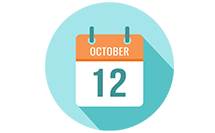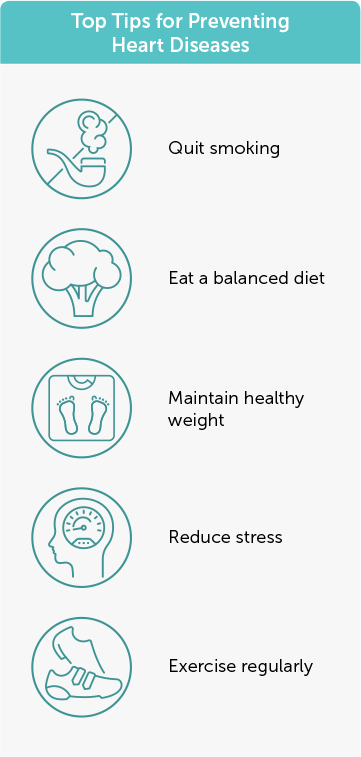 Every February is designated as American Heart Month by the federal government to encourage individuals to learn about, prevent, and address heart problems. Since seniors are especially at risk, it is important that caregivers understand heart disease.
Every February is designated as American Heart Month by the federal government to encourage individuals to learn about, prevent, and address heart problems. Since seniors are especially at risk, it is important that caregivers understand heart disease.
17.3 million deaths each year are caused by heart disease. Seniors are especially prone to cardiovascular complications. In 1964, more than half of American deaths were the result of cardiovascular disease. Although this percentage has decreased, heart disease is still the leading cause of death in the United States.
Types of Heart Health Problems
There are a wide variety of heart health problems. Cardiovascular disease is a term used to broadly describe the plethora of problems that can impair the cardiovascular system.
Specific cardiac issues include, but are not limited to:
- Diabetes
- Hypertension
- High Cholesterol
- Cardiomyopathy
- Arrhythmia
- Valve Problems
- Pericarditis
- Stroke
- Heart Attack
- Heart Failure
While some of these conditions are manageable, others can be fatal if they are not handled properly. It is vital for seniors and caregivers to learn the signs of heart problems.
(Source: The American Heart Association)
Signs of Cardiovascular Issues
Symptoms That Need Immediate Medical Attention
Emergency treatment should be sought for signs of heart attack and/or stroke, such as:
- Chest pain or tightness
- Upper body pain in the jaw, neck, back or arms
- Difficulty breathing
- Sweating
- Vomiting and/or nausea
- Dizziness or lightheadedness
- Facial drooping
- Slurred speech
- Unconsciousness/fainting
- Anxiety
- Heart palpitations
- Fatigue
- Numbness
- Impaired vision

Signs It Is Time to Schedule a Doctor’s Appointment
Many heart conditions can be managed with regular treatment or lifestyle changes. These conditions often present with mild symptoms. Seniors should schedule an appointment with their primary physician or cardiologist if they experience symptoms of heart disease like:
- Fluttering in the chest
- Fast, slow, or irregular heartbeat
- High or low blood pressure
- Lightheadedness
- Ongoing fatigue
- Dizziness, fainting, ornear fainting
- Difficulty breathing after exercise
- Lower body swelling
(Source: Mayo Clinic)
For more tips and information about heart health, check out our free Marketing Monthly program. Marketing Monthlies are a great source of information, and they are also available as PDFs so you can distribute them to clients, their family members, and prospects.










